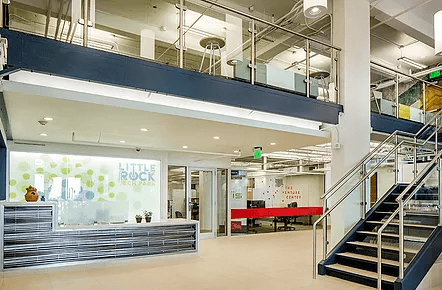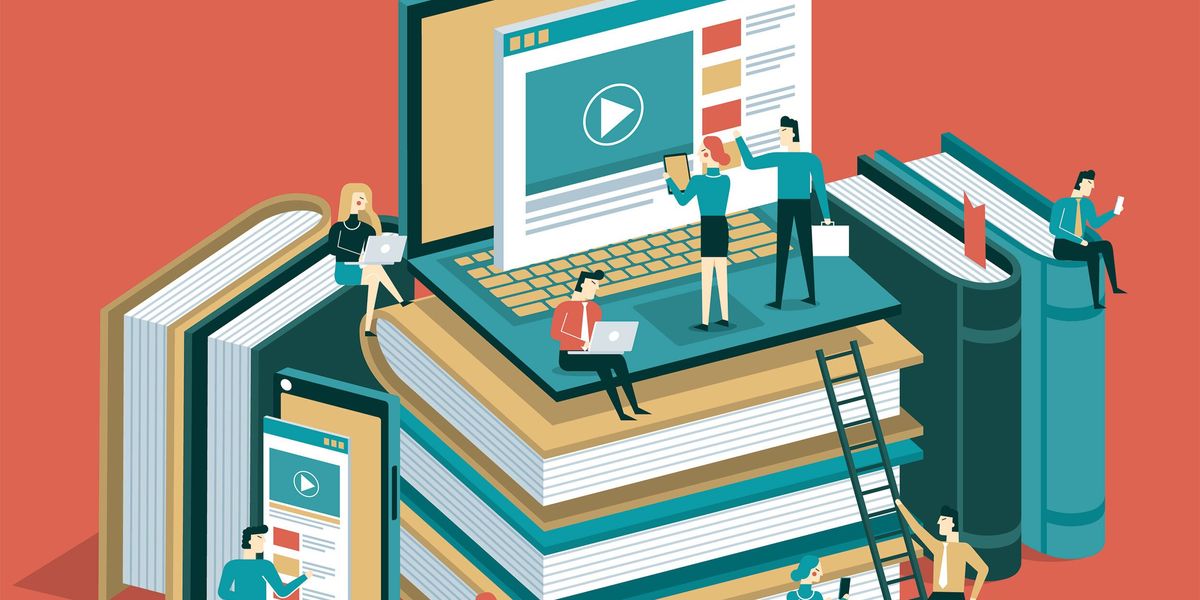
Teenager innovates country’s first water purification system from e-waste

07 July, 2024, 10:30 am
Last modified: 07 July, 2024, 12:39 pm
Zabeer Zarif Akhter works on his innovative water purification system made from electronic waste. This eco-friendly prototype uses plasma technology to sterilise water without increasing temperature, introducing a cost-effective and sustainable method. Photo: Courtesy
“>
Zabeer Zarif Akhter works on his innovative water purification system made from electronic waste. This eco-friendly prototype uses plasma technology to sterilise water without increasing temperature, introducing a cost-effective and sustainable method. Photo: Courtesy
A 17-year-old has developed a cost-effective, eco-friendly, and sustainable innovative water purification system from electronic waste, for the first time in Bangladesh.
Zabeer Zarif Akhter, an 11th grader at St Joseph Higher Secondary School, innovated the prototype that harnesses the power of plasma technology for water purification.
This prototype transforms contaminated water into a plasma stream, effectively eradicating pathogens through a dual approach involving ultraviolet radiation and plasma sterilisation.
Keep updated, follow The Business Standard’s Google news channel
It not only introduces a new dimension in water purification but also plays a significant role in reducing costs and environmental impact. A notable feature of this process is its ability to occur without a significant increase in temperature, a phenomenon known as non-thermal plasma.
Furthermore, the device boasts an advanced automatic flow and pressure control system for industrial design, enhancing its efficiency and reliability.
Zabeer Zarif Akhter works on his innovative water purification system made from electronic waste. Photo: Courtesy
“>
Zabeer Zarif Akhter works on his innovative water purification system made from electronic waste. Photo: Courtesy
For usage in remote areas, the design is even simpler. It only needs two carbon electrodes along with the circuit. The circuit can create an atmospheric pressure plasma. This straightforward method, suitable for individual use, effectively eradicates all bacteria (E. coli, TC, and FC) and microorganisms present in the water.
This innovation was the outcome of a project titled “High Voltage Plasma Water Purifier from E-waste,” led by Zabeer. This remarkable discovery was awarded the Bangladesh Stockholm Junior Water Prize 2024 as a National Winner.
Tanvir Ahmed, a professor of civil engineering at Buet and jury board member for Stockholm Junior Water Prize Bangladesh, said, “Zabeer’s innovative device was made from electronics waste and I have seen positive results initially. It is being supervised in BUET’s lab to make it more functional and effective for Sweden’s international competition.”
“This breakthrough represents a significant stride towards sustainable, environment-friendly and cost effective water management practices, heralding a new era in the fight against water pollution,” he added.
The primary objective of these innovations is to address and mitigate the pervasive issue of water pollution caused by the unregulated discharge of industrial and domestic waste, a challenge predominantly stemming from these sectors.
Zabeer Zarif Akhter, an 11th grader at St Joseph Higher Secondary School, innovates country’s first water purification system from e-waste. Photo: Courtesy
“>
Zabeer Zarif Akhter, an 11th grader at St Joseph Higher Secondary School, innovates country’s first water purification system from e-waste. Photo: Courtesy
Zabeer Zarif Akhter told The Business Standard that, upon thorough evaluation, it is evident that this novel plasma-based water treatment system not only surpasses the efficiency of existing wastewater treatment methods but also offers a cost-effective alternative because the entire circuit is prepared from e-waste. Its potential to replace current secondary and tertiary industrial wastewater treatments is both promising and revolutionary.
He said this critical phase is facilitated by applying an alternating current (AC) from a DC power source to the water, accomplished through the use of high-voltage and carbon electrodes. The circuit, using readily available and minimal components to convert low-voltage DC electricity to high-voltage AC electricity and plasma, is a major innovation not previously developed.
The Embassy of Sweden in Dhaka said in a Facebook post, “Zabeer will be representing Bangladesh at this year’s Stockholm Junior Water Prize competition at World Water Week in Sweden.”
The Bangladesh Stockholm Junior Water Prize authority said, “This young visionary has triumphed with his groundbreaking water innovation, inspiring us all with his commitment to a sustainable future.”






